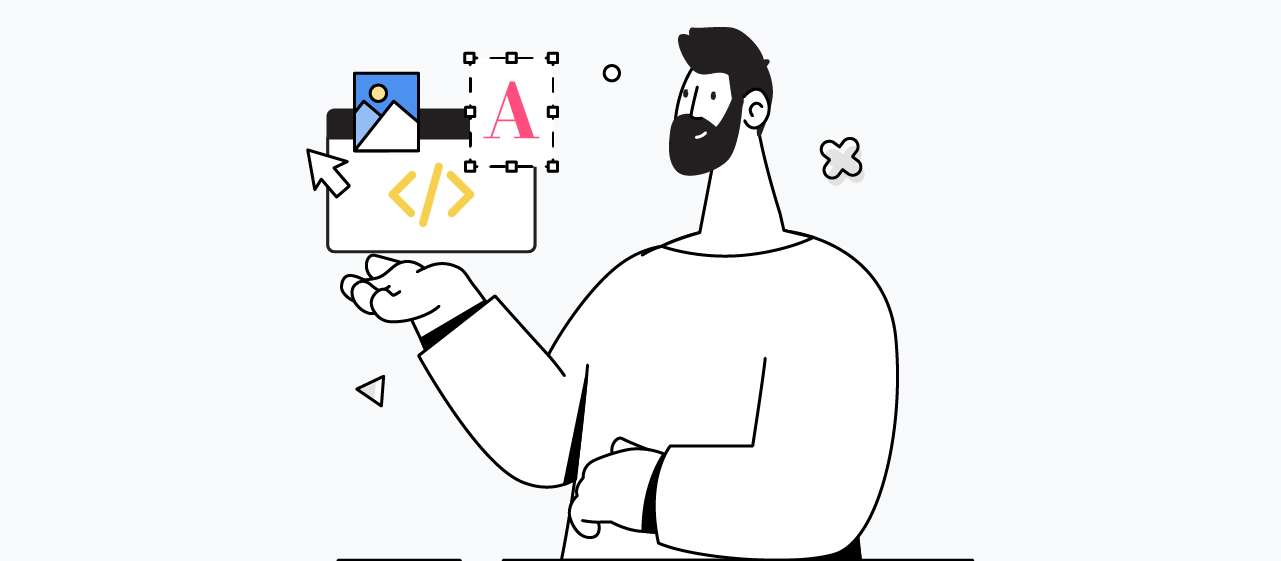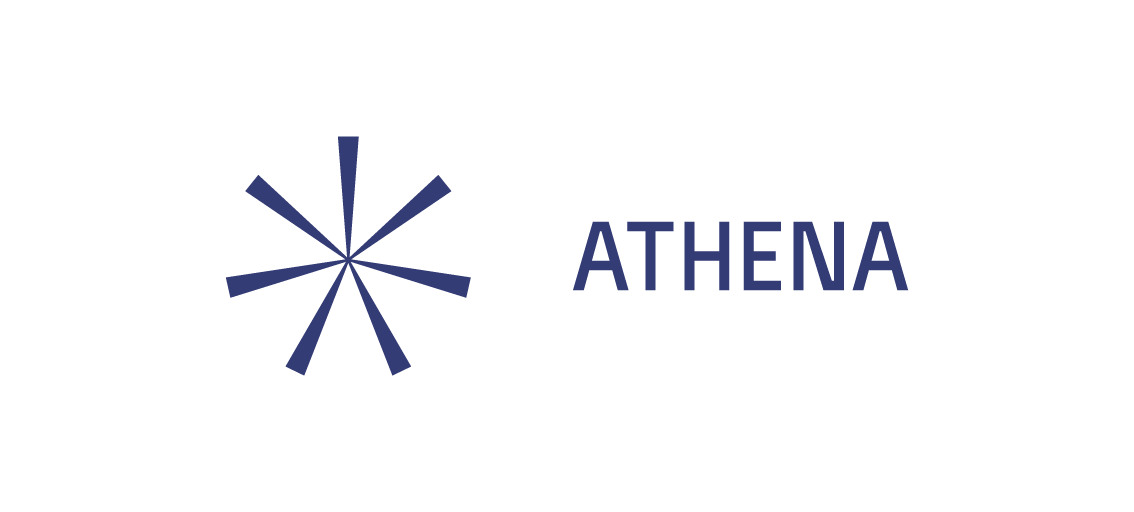Condensed matter physics – UO

About this course
Expected learning outcomes
Acquire the fundamentals of condensed matter theory, particularly with regard to quasiparticles responsible for vibrational energy and charge transport in crystals. in crystals. Know how to apply the basic techniques of statistical physics and quantum mechanics to solve problems concerning vibrational and electronic the vibrational and electronic dynamics and magnetic properties of magnetic properties of crystals.
Indicative Syllabus
Part I: Phonons (4h per item) – Collective vibrations, phonons, Born-Oppenheimer approximation, harmonic approximation. Oppenheimer approximation, harmonic approximation, examples of 1D monoatomic crystal, 2D and diatomic 1D crystal, dispersion law, normal modes – Reciprocal grating, diffraction (Von Laue conditions), quasipulse and Brillouin zone. impulse and Brillouin zone (Wigner-Seitz construction in q-space). – Anharmonic effects, expansion, thermal, phonon heat conduction phonons, phonon-phonon interaction, Umklapp process
Part II: Electrons (4h per item) – Free electron model, ground state, Fermi energy, electron-phonon interactions, electrical conductivity, thermal conductivity. – Periodic potentials, quasi-free electrons (perturbative calculus, bands), Bloch function, Fermi surface, (Kronig-Penney model in TD), metal/insulator/semiconductor, band overlap.
Part III: Semiconductors (4h per item) – Semiconductors, electrons and holes, concept of effective mass, impurities, donors and acceptors, thermal excitation of charge carriers. References to doping process technologies. – Intrinsic and extrinsic behavior, transport properties, Hall effect.
Part IV: Magnetism and super-conduction (4h per item) – Paramagnetism, origin of permanent dipoles (Hund’s rules, Landé factor), interaction with a magnetic field, calculation of the magnetization of paramagnetic ions, diamagnetism – Magnetic order, exchange interaction. Ferromagnetism (Weiss mean-field model), Néel theory of antiferromagnetism, superconduction, critical temperatures, Cooper pairs, Meissner effect.
Teaching / Learning Methodology
Recommended Reading
TBA
Start date
22/01/2024
End date
29/06/2024
Apply before
01/09/2023
Details
Local course code
TBA
Cycle
TBA
Year of study
TBA
Language
English
Study load
18hrs lectures + 18hrs tutorials 3 ECTS
Mode of delivery
Intermediate and Final Exam
Instructors
Dr. Fabrice Muller
Course coordinator
Dr. Fabrice Muller
fabrice.muller@univ-orleans.fr
